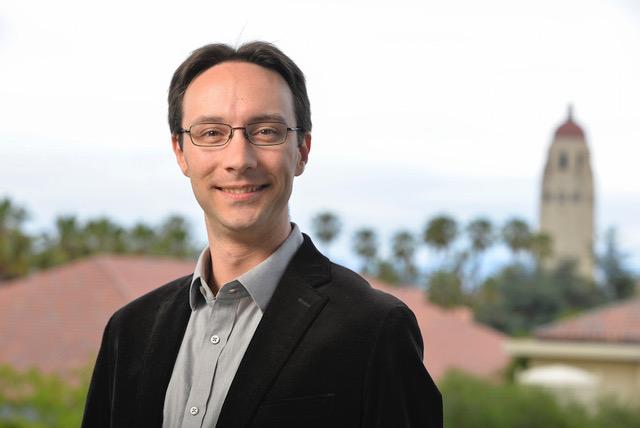Flocking with Friends
Events | Mechanical Engineering
Flocking with Friends
April 22, 2019 8:30 AM

Speaker
Dr. Nicholas T. Ouellette
Location
ESB 1001
Type
Seminar
Aggregations of social animals, such as flocks, schools, herds, and swarms, are beautiful examples of self- organized behavior far from equilibrium. Such collectives have been the focus of a significant research effort in recent years, from many different perspectives. Biologists aim to understand the evolutionary benefits of acting together; physicists treat aggregations as examples of active matter; and engineers see them as potential templates for designing robust autonomous distributed systems. All of these goals require modeling, which typically assumes that every individual in the group is an identical agent playing by the same rules. In reality, however, interactions are likely to be influenced by many factors, including particularly social relationships. I will discuss the impact of social relationships on flocking behavior using field data from flocks of jackdaws, a highly social corvid species that forms lifelong pair bonds. Using 3D stereoimaging, we measured the flight trajectories and kinematics of flocking jackdaws during the winter roosting season in Cornwall, UK. We found that mated pairs were indeed present inside these larger flocks, with significant consequences. Paired birds on average interacted with fewer of their neighbors, translating to an individual-level cognitive and energetic savings. However, the responsiveness of the flock as a whole, as measured by its correlation length, monotonically decreases with the proportion of paired birds, indicating a global cost balancing the local benefit. Our results have intriguing implications for the interplay and evolution of cognition and flocking behavior, but also for the design of interacting engineered systems of heterogeneous autonomous agents.
Nicholas Ouellette is an Associate Professor of Civil and Environmental Engineering at Stanford University. He is broadly interested in the behavior of complex systems far from equilibrium, and in particular in the dynamical self-organization that is ubiquitous in such systems. He works both to understand the physical principles that govern the spontaneous emergence of low-dimensional structure in high-dimensional systems and to harness this self-organization for engineering applications. Ouellette’s current research interests include hydrodynamic turbulence; the transport of inertial, anisotropic, and active particles by fluid flows; the strength and failure of granular materials; and collective behavior in insect swarms, bird flocks, and other animal groups. Ouellette graduated from Swarthmore College in 2002 with majors in Physics and Computer Science, earned his Ph.D. in Physics from Cornell University in 2006, and did postdoctoral research at the Max Planck Institute for Dynamics and Self-Organization and in the Physics Department at Haverford College. Before coming to Stanford, he spent seven years on the faculty in Mechanical Engineering and Materials Science at Yale University.